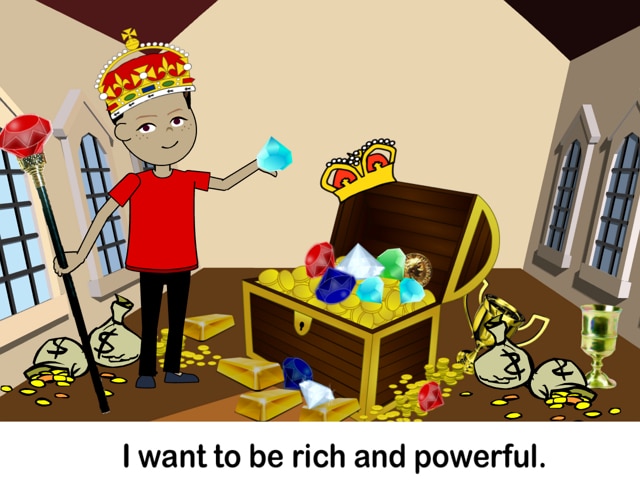The personal values that children aged 6-12 years-old carry has an affect on their self-esteem, according to new research.
One key finding was that children whose personal values put others before themselves had higher self-esteem, whereas those that held values putting themselves first had lower self-esteem.
Dr Trish Collins, an Early Childhood Studies Lecturer at Edith Cowan University (ECU) surveyed 722 children aged 6-12 in schools across Perth to assess what values they held and how it impacted their opinions of themselves.
The study described self-esteem as “the robust functioning of an individual” and that it “reflects an individual’s feelings and beliefs about their own competence and worthiness”.
Dr Collins says that the survey’s findings are useful to educators in paving the way for better “understanding that the underlying motivations of children’s personal values often relate to individual children’s prosocial and aggressive behaviours which in turn impacts their self-esteem.”
The surveyed children were shown animated images that reflected different personal values, such as an image displaying a child surrounded by money that said “I want to be rich and powerful”.

Another image showed a person giving shoes to a homeless person to illustrate giving to those in need.

Explaining the different images’ purposes, Dr Collins said: “To help determine which personal values are more important and which values are not important to each child they select the image depicting what they are the most like, and then the image that depicts what they are the least like, from sets of value animations.”
Researchers then used the results to assess the childrens’ overall self-worth as well as five personal competencies: social competence (knowing how to make friends), academic competence (knowing you are good at schoolwork), athletic competence (knowing you are good at sport), behavioural conduct (degree to which you like your behaviour) and physical appearance (extent to which you feel attractive).
“For example, “finishes schoolwork quickly” and “avoidance of getting into trouble” and “happy with looks, body, face, hair,” Dr Collins explained.
“What we found is that even children who prioritise putting themselves before others (i.e., self-enhancement values) had lower overall self-worth, a lower opinion of their physical appearance, social competence and behavioural conduct, including those as young as six years old,” said Dr Collins.
“In contrast those children who prioritise putting others before themselves had higher overall self-worth.”
Past research on children’s values have largely focused on whether their values are similar to those of adults and how their values relate to social behaviour.
Few studies have examined the relationship of personal values and self-esteem in middle childhood until now.
All children took part in the surveys in familiar school surroundings, such as their classroom or school library.


